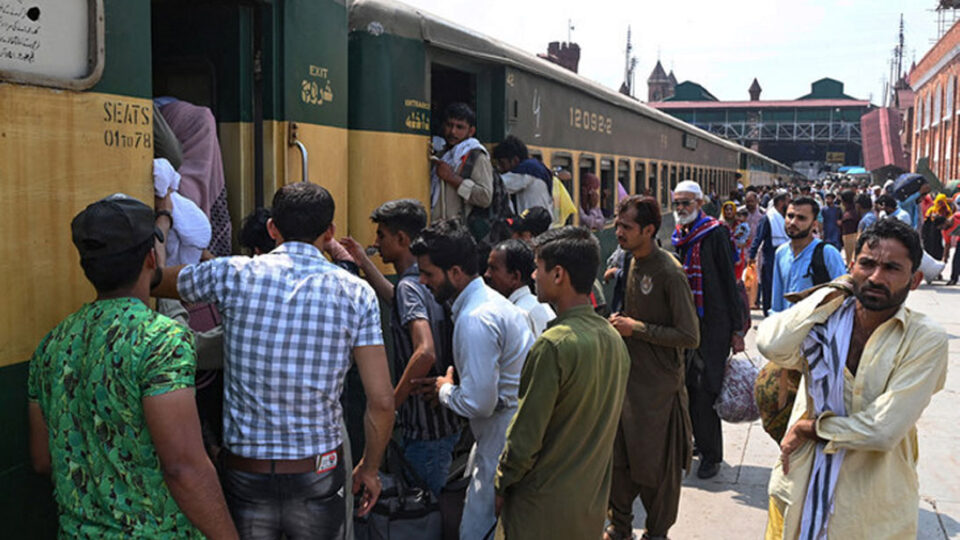Pakistan Railways Increases Fares After Diesel Price Hike, Prepares to Relaunch Pak Business Express
ISLAMABAD – Pakistan Railways has announced a modest 2% increase in passenger train fares, following a recent hike in diesel prices. The move comes as the state-run transport operator faces growing fuel costs, with diesel prices rising by Rs. 11.37 per litre, as reported by Express News.
🚉 Freight Tariffs Also Adjusted
In addition to passenger fares, freight rates for coal have been raised by 3%, and fertilizer rates by 2%. These adjustments are intended to manage the increased financial burden on Pakistan Railways, which consumes around 350,000 litres of diesel daily.
Officials estimate the rise in diesel prices has imposed:
-
A daily cost of Rs. 3.99 million
-
A monthly cost of approximately Rs. 119.5 million
🔄 Pak Business Express Set for Relaunch
Amid these fare adjustments, Pakistan Railways is also preparing to relaunch the Pak Business Express, a once-popular premium train service running between Lahore and Karachi.
The revamped train will feature:
-
Upgraded coaches
-
Comfortable seating
-
Free Wi-Fi
-
Enhanced catering services
The relaunch is expected to be inaugurated by the Prime Minister in the coming days.
🛤 A Look Back at the Pak Business Express
Initially launched in 2012 under a public-private partnership (PPP) between Pakistan Railways and Four Brothers Group, the Pak Business Express was designed to modernize long-distance train travel. Under the agreement:
-
Pakistan Railways provided locomotives and tracks
-
The private partner handled onboard services and ticketing
However, the partnership collapsed in 2015 due to:
-
Operational hurdles
-
Financial mismanagement
-
Payment defaults
-
Resistance from within PR’s own bureaucracy
Pakistan Railways eventually took full control of the service after a series of legal disputes, ending the private collaboration.
🚨 What This Means for Passengers
While fare increases may affect travel budgets, the return of the upgraded Pak Business Express is being welcomed by many as a positive step toward improved train travel in Pakistan. The relaunch is also seen as a sign of renewed efforts to enhance public services through better facilities and service standards.

